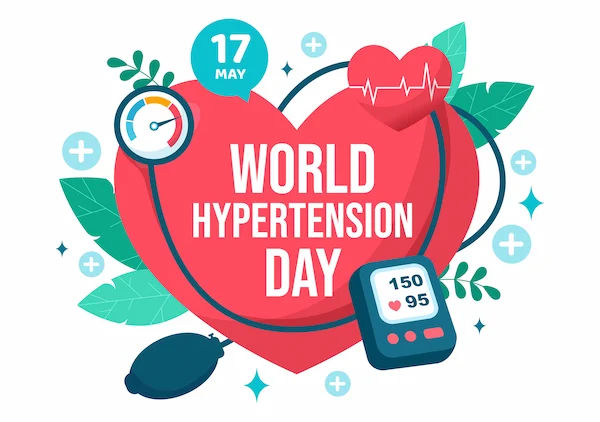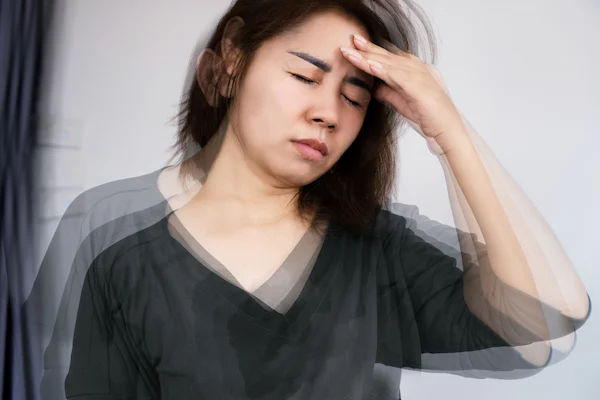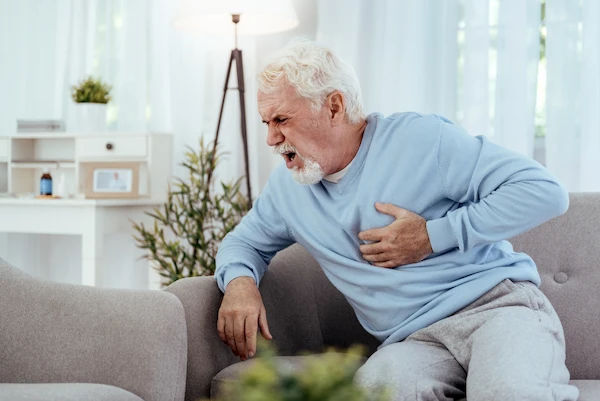- Male
- 39 Years
- 22/01/2025
I'm still dealing with chest pain whenever I talk loudly or shout, especially when I'm angry. It starts spreading and only eases when I lie down or someone rubs my back. Even climbing stairs brings on the pain. I've had all the tests, including a CT Angio, and everything came back normal, with the cardiologist saying there's no heart issue. But this problem isn't going away. I'm feeling really confused about what steps to take next. Should I consider getting a more in-depth check-up or maybe visit a bigger hospital?
Answered by 1 Apollo Doctors
Visit Physician for evaluation and appropriate management
Dr. Dr Khaleel Suggests...
Consult a Cardiologist
Answered 04/07/2025
0
0

More Cardiology Health Queries
View allI've been noticing that my blood pressure levels fluctuate between 13090 and 14095, and they tend to be higher in the evenings. I'm currently on Telmisartan 40 mg and take it every morning. I'm a bit worried about whether I should keep the dosage the same or if it would be better to adjust it or even change the medication altogether. What do you think would be the best course of action?
Yes you need a combinantion of medicines,visit general physician for appropriate management and maintain healthy life style
Answered by 1 Apollo Doctors
What are the heart disease causes & risk factors?
With time, raised blood sugar levels can damage the blood vessels and nerves that control the heart. Additionally, people with diabetes are also more likely to have other conditions that raise the risk for heart disease such as high blood pressure and deranged cholesterol or triglyceride levels.
Answered by 1 Apollo Doctors
I'm thinking about marrying a girl who's had heart valve surgery. She's 27 and on meds her cardiologist says she'll need forever. I'm worried about what this means for us, especially if we want to have kids. Could her medication cause any side effects or issues with pregnancy? And what should we expect for her health and our life together?
Consult with a cardiologist personally with detailed medical history
Answered by 1 Apollo Doctors
Disclaimer: Answers on Apollo 247 are not intended to replace your doctor advice. Always seek help of a professional doctor in case of an medical emergency or ailment.





